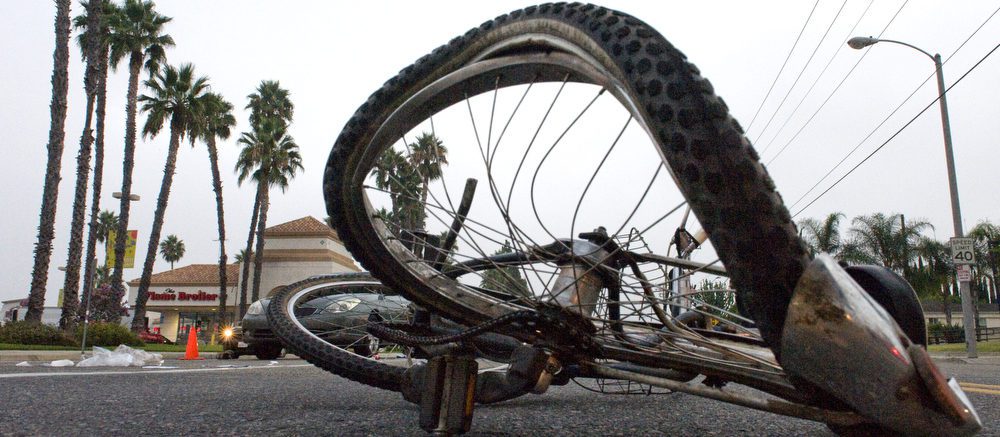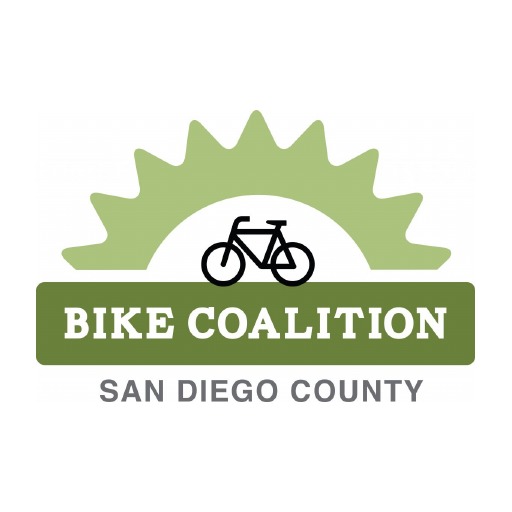If you have lost a loved or been seriously injured in a traffic crash, this guide is here to help.
Some crashes involve motor vehicles, but many do not. If you believe that something outside of your control other than a vehicle driver caused your crash, you can still get help!
In a crash? Take these immediate action steps…
- Stay at the scene and call the police
In order to seek legal action or make an insurance claim you need to call the police as soon as possible. Stay at the scene and call the police immediately. They should come gather evidence and file a police report. Be sure that they get an accurate report from you, not just the driver.
You may not recognize the damage or injuries from the incident until later.
2. Get the driver’s information and don’t negotiate
Make sure to get the driver’s name, address, phone number, drivers license number, license plate number, car make/model and insurance policy number. Even if they apologize and say it was an accident, don’t negotiate any terms with them. If you realize you’ve sustained injuries later and the driver denies the crash occurred you will have a much harder time getting the support you need.
3. Record all the details and identify witnesses
As soon as you can, write down every thing that you remember about the incident. The date, time, where it happened, how it happened, the road conditions, the traffic conditions, etc. Draw a diagram and/or take photos from the scene.
Were there any witnesses around? Get their names and contact information.
Additionally, you can report aggressive drivers in this database.
4. Were you injured? Was your bicycle damaged?
Get a written evaluation of the injuries and damage. Visit your health care provider for an evaluation of your injuries. Visit a bicycle shop for a damage evaluation of your personal property.
5. Seek advice from a professional
The driver’s insurance company may contact you to try to reach an agreement. Don’t negotiate with their insurance company directly. Have your lawyer take care of this.
If you’ve been injured in a bike crash, seek legal advice! Call Vocate Legal at (877)899-0308 to connect with an attorney in 10 minutes or less. Consultation is free.
Some Advice…
POSSIBLE WAYS TO GATHER EVIDENCE:
• Video Recordings: Ask local businesses near the scene if they have security cameras that may have recorded the incident. Businesses only keep such videos for a limited time (typically 30 days but sometimes as little as 24 hours), so you will want to obtain this ASAP. Be sure to get contact information of everyone who has handled the video because your lawyer will need to “authenticate” that no one tampered with the video.
• Photos: Take photos of evidence you see at the scene, such as: skid marks, debris, damage to vehicles, damage to nearby property, etc.
• Witnesses: Try to find your own witnesses. If you do not have anyone’s contact information who was at
the scene, ask nearby business owners, put up posters, offer a reward, etc.
Reasons to Consult with an Attorney
Attorneys in these types of cases are usually paid on a “contingency” basis, meaning they only get paid if they collect money for you. It is always free to get a consultation, so most experts recommend you talk to a lawyer. Given that lawyers may help with the investigation, we recommend you do so as soon as possible.
You might feel OK now…but seek support anyway!
Get the help you need.
Take advantage of hospital support services and resources. Ask for a patient advocate or social worker if one is not provided. They can help you understand hospital regulations, insurance requirements, and paperwork, as well as advocate for specific care. Some members have found that a hospital chaplain can serve a similar role. If you or your family member were injured, make sure to not be discharged until all necessary home care arrangements have been made. All hospitals are mandated to provide discharge planning assistance.
How to Start an Insurance Claim
Call up the driver’s insurance company and open a claim. Provide only basic information about what happened: that you were hit as a pedestrian or cyclist by this driver on this day at this location. The insurance company will likely pressure you to give a full narrative, ask whether you’ve seen a doctor, or spoken to the police. You do not have to disclose any of this, and attorneys advise that you get legal counsel before divulging any details related to the crash. If you were driving and/or have auto insurance, you should contact your own insurance company as well. You may be covered, as a pedestrian or cyclist, under your own auto insurance.
Brace Yourself, and Be Prepared to Push Back
Sadly, you will learn that the system is broken. Cities in San Diego county could be doing so much more to prevent crashes and hold reckless drivers accountable. Families and individuals who suffer should be compensated, but unfortunately, this is not typically the case. Many traffic victims describe their experience dealing with the police, insurance companies, district attorney, and the press as just pouring salt on an colossal wound.
Additional Resources
After a Crash
“What to Do When You’re Hit by A Car” by Laura Bliss at CityLab (May 22, 2015)
“If You Crash…” by Lauren LeClaire at MassBike (August 2016)
“What to do if you’re hit by a car while riding your bike” by Greg Hanscom at Grist.org (September 23, 2014)
“How to Report a Car-Bike/Ped Crash” by Carol A. Wood
“NYC Car Crash Resources for Bicyclists and Pedestrians” by Carol A. Wood
Emotional Recovery
Roadpeace: A long-standing national charity group located in the United Kingdom for road crash victims
RoadPeace: Resources and Guides for bereaved families
“MADD – Supportive Literature” covering injury, care, and financial/emotional recovery (available in English and Spanish)
Financial Recovery
“How is a Pedestrian Hit by a Car Compensated for Injuries?” by Coulter Boeschen at AllLaw.com
“What if I am involved in a “Hit and Run” crash or collision with an uninsured or underinsured vehicle?” by
Wheels of Justice (January 12, 2015)
Legal Resources
“Understanding No-Fault Laws” by jwillis at New York Bicycle Coalition (May 8, 2013)
“Criminal Justice System: How It Works” by the New York County District Attorney’s Office
“Crime Victims’ Rights” by The Office for Victims of Crime (US Department of Justice)
Rights of Crime Victims in New York State pamphlet by NYS Office of Victim Services
“Lawyers for Injured Pedestrians and Cyclists” by Transportation Alternatives
“Informational Session with an Attorney” by FSS and Steve Vacarro


